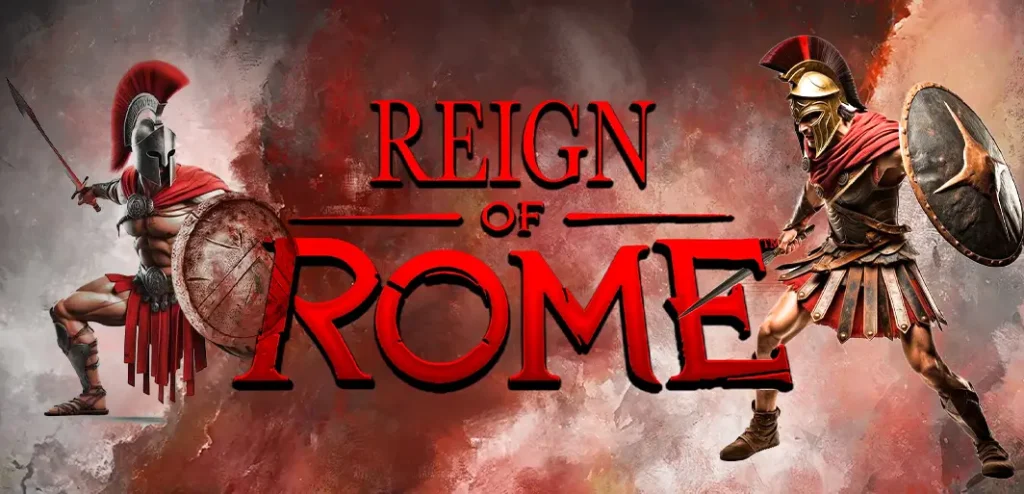Introduction
In recent years, virtual horse racing has gained remarkable popularity among enthusiasts, bettors, and casual fans. As technology evolves, so does how we experience and analyze these digital races. Tracking virtual horse racing results accurately is crucial for bettors aiming to make informed decisions, enthusiasts seeking to stay updated, and industry professionals looking to ensure transparency and integrity. This comprehensive guide will explore three powerful tools enabling users to track virtual horse racing results precisely and efficiently.
Understanding Virtual Horse Racing Results
Before diving into the tools, it’s essential to understand what virtual horse racing results entail. Unlike traditional horse racing, virtual races are computer-generated simulations that emulate real-world racing conditions. They are often based on algorithms incorporating horse statistics, track conditions, and randomness to produce unpredictable yet fair outcomes. As a result, tracking these results accurately requires specialized tools to process large amounts of data swiftly and reliably.
It is typically published shortly after each race concludes. These results include the winning horse, finishing order, race times, and betting odds. Accurate tracking of these results helps bettors verify their wagers, analyze patterns, and refine their strategies. Furthermore, industry stakeholders rely on precise data to monitor race integrity and ensure compliance with regulations.
Why Are Powerful Tools Essential for Tracking Results?
While it might seem straightforward to note down results manually or rely on basic platforms, this approach often falls short in accuracy and comprehensiveness. Virtual horse racing results are dynamic and can involve complex data streams. Therefore, investing in specialized tools ensures that you receive real-time, accurate, and comprehensive data.
These tools often come with features like historical data analysis, customizable dashboards, and integration capabilities that make tracking more efficient. For bettors, this means better decision-making; for enthusiasts, it means staying informed; and for industry professionals, it means maintaining transparency.
Tool 1: Virtual Racing Results Platforms
The first category of tools comprises dedicated virtual horse racing results platforms. These websites and applications are designed to aggregate, display, and analyze virtual horse racing results from multiple sources.
Features and Benefits
- Real-Time Updates: Most platforms provide live updates immediately after each race concludes. This feature is crucial for bettors who want to verify their wagers or analyze recent outcomes.
- Comprehensive Data: These platforms typically include detailed race data such as horse names, odds, finishing positions, race times, and more.
- Historical Data Access: Users can review past races, identify patterns, and develop strategies based on historical performance.
- User-Friendly Interface: Modern platforms offer intuitive dashboards for easy navigation and data visualization.
- Multi-Platform Accessibility: Many results platforms are accessible via web browsers and mobile apps, ensuring users can stay updated on the go.
- Popular Virtual Racing Results Platforms
- Virtual Racing Results (VRR) Online: This platform provides real-time results across various virtual racing sites worldwide. It features detailed race data, customizable viewing options, and historical archives.
- HorseRaceResults.com: While traditionally focused on real-world racing, this site has expanded to include virtual race results and offers comprehensive data and analysis tools.
- VirtualBetResults App: A mobile application aggregating virtual horse racing results from multiple operators, providing instant notifications and detailed race summaries.
How to Maximize Usage
To get the most from virtual racing results platforms, users should set up notifications for real-time updates, regularly review historical data, and utilize analysis tools offered. This approach helps identify trends and make informed betting or viewing decisions.
Tool 2: Data Analytics Software for Virtual Horse Racing
The second powerful tool category involves data analytics software. These tools enable users to process vast amounts of virtual horse racing results data to uncover insights, patterns, and predictive indicators.
Features and Benefits
- Advanced Data Processing: Can handle large datasets, including race results, horse statistics, track conditions, and betting odds.
- Customizable Analytics: Users can tailor analyses based on specific variables, such as horse performance under certain conditions or racing times over different periods.
- Visualization Tools: Graphs, charts, and heat maps help interpret data visually, making complex information easier to understand.
- Predictive Modeling: Some software incorporates machine learning algorithms to forecast potential race outcomes based on historical results.
- Integration Capabilities: These tools often integrate with other betting or tracking platforms, providing a seamless data ecosystem.
Popular Data Analytics Tools
- Tableau: While not specific to virtual horse racing, Tableau’s data visualization capabilities are widely used by industry professionals to analyze racing results data.
- Microsoft Power BI: This business analytics tool can connect to various data sources, allowing in-depth analysis of virtual horse racing results.
- Custom Python Scripts: For tech-savvy users, Python libraries like pandas and scikit-learn can be used to develop bespoke analytics models explicitly tailored to virtual horse racing results.
How to Use Data Analytics Software Effectively
Begin by exporting virtual horse racing results data from your preferred results platform. Then, utilize the analytics software to identify patterns, such as which horses perform well under certain conditions or which times of day yield better results. Over time, this analysis can inform betting strategies or deepen your understanding of virtual racing dynamics.
Tool 3: Blockchain and Decentralized Result Verification Systems
The third innovative tool category involves blockchain technology and decentralized systems designed to verify the integrity of virtual horse racing results. As virtual races are computer-generated, ensuring transparency and fairness is paramount.
Features and Benefits
- Immutable Records: Blockchain records are tamper-proof, ensuring race results cannot be altered retroactively.
- Transparency: Results stored on decentralized ledgers are accessible to users for verification, fostering trust among bettors and industry stakeholders.
- Automated Verification: Smart contracts can automatically validate race outcomes based on pre-set criteria, reducing human error or manipulation.
- Enhanced Security: Blockchain’s cryptographic security protects results from hacking or fraudulent modifications.
Emerging Platforms and Applications
- RaceResultChain: It is a blockchain-based platform that records virtual horse racing results, enabling users to verify outcomes independently.
- DecentraRace: A decentralized virtual racing ecosystem where results are stored on a distributed ledger, ensuring transparent and fair outcomes.
Implications for Users
For the average user, these systems offer peace of mind that virtual horse racing results are genuine and trustworthy. Industry professionals benefit from increased transparency, which can improve overall industry integrity and user confidence.
Combining Tools for Optimal Results Tracking
While each tool offers distinct advantages, their combined use can provide a comprehensive solution for accurately tracking virtual horse racing results. For example, you might use a results platform for real-time updates, data analytics software to analyze patterns, and blockchain verification systems for result validation.
This integrated approach ensures that you stay informed, make data-driven decisions, and trust the integrity of the results. Consequently, bettors can improve their wagering strategies, enthusiasts can enhance their viewing experience, and industry stakeholders can uphold standards of fairness.
Practical Tips for Tracking Virtual Horse Racing Results Effectively
- Stay Consistent: Regularly check your chosen results platforms and analytics tools to stay updated on the latest races.
- Verify Results: Use blockchain verification when available to confirm the authenticity of race outcomes.
- Analyze Data: Review historical data to identify trends and inform future decisions.
- Leverage Alerts: Enable notifications for race results to receive instant updates.
- Integrate Tools: Combine multiple tools for a holistic approach to tracking results and gaining insights.
Conclusion
In summary, tracking virtual horse racing results accurately is essential for anyone involved in virtual racing, from casual fans to professional bettors and industry regulators. The three powerful tools outlined—virtual racing results platforms, data analytics software, and blockchain verification systems—offer comprehensive solutions to ensure precision, transparency, and informed decision-making.
By effectively leveraging these tools, users can enhance their understanding of virtual horse racing dynamics, improve their betting strategies, and contribute to a fair and transparent industry environment. As virtual horse racing continues to grow and evolve, staying equipped with the right tools will remain vital for success and confidence in this exciting digital sport.













